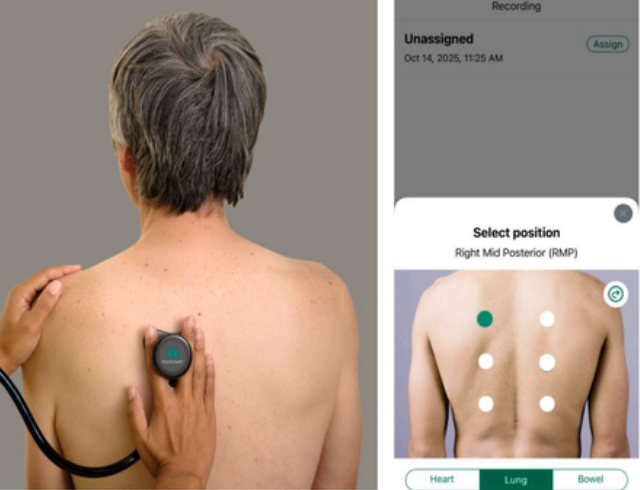Adult education can help middle-aged people lower dementia risk

Tokyo– Middle-aged and senior citizens in adult education have a 19 per cent lower risk of developing dementia five years later, according to a new study.
The results also showed that participants who took part in adult education classes kept up their fluid intelligence and non-verbal reasoning performance better than peers who did not.
However, adult education did not affect the preservation of visuospatial memory or reaction time, according to researchers from the Institute of Development, Aging and Cancer of Tohoku University in Sendai, Japan.
“Here we show that people who take adult education classes have a lower risk of developing dementia five years later. Adult education is likewise associated with better preservation of nonverbal reasoning with increasing age,” said Hikaru Takeuchi, first author of the study published in the journal Frontiers in Aging Neuroscience.
Takeuchi and his co-author, Ryuta Kawashima, a professor at the same institute, scanned data from the UK Biobank and 2,82,421 participants were analysed for this study.
They had been enrolled between 2006 and 2010, when between 40 and 69 years old. On average, they had been followed for seven years by the time of the present study.
The study showed that 1.1 per cent of participants in the sample developed dementia over the study’s time window.
Takeuchi and Kawashima showed that participants who were taking part in adult education at enrollment had 19 per cent lower risk of developing dementia than participants who did not.
Importantly, results were similar when participants with a history of diabetes, hyperlipidemia, cardiovascular diseases, cancer, or mental illness were excluded.
“One possibility is that engaging in intellectual activities has positive results on the nervous system, which in turn may prevent dementia. But ours is an observational longitudinal study, so if a direct causal relationship exists between adult education and a lower risk of dementia, it could be in either direction,” said Kawashima. (IANS)





